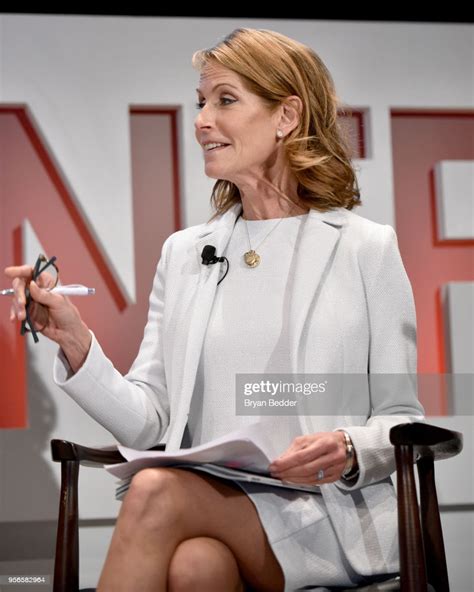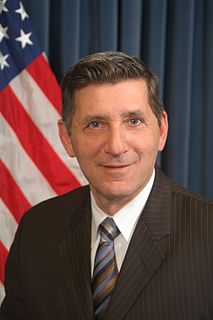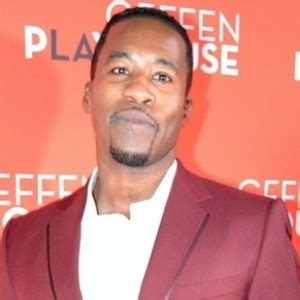A Quote by Perri Peltz
We did decide that every addict in this film, Warning: This Drug May Kill You, would be someone who started out with a prescription for an opioid from a doctor. The story that hadn't been told is that the vast majority - somewhere around 80 percent - of current heroin users began with an addiction to prescription opioids. So as much as people might want to look at this and say, 'Oh this is really a heroin problem,' yes, it is a heroin problem, and no one is saying differently, but it starts more often than not with a prescription.
Quote Topics
Addict
Addiction
Around
Been
Began
Current
Decide
Did
Differently
Doctor
Drug
Every
Film
Heroin
Look
Majority
May
Might
More
Much
Often
Oh
Opioids
Out
People
Percent
Prescription
Problem
Really
Say
Saying
Someone
Somewhere
Started
Starts
Story
Than
Users
Vast
Vast Majority
Want
Warning
Would
Would Be
Yes
Related Quotes
I really do think for the vast majority of cases, doctors didn't think they were doing anything wrong - they were doing what was being recommended at the time, and many times people were able to take these prescription opioids and not have a problem with it. But what we do know is that if we take these drugs long-term, dependency develops quickly, within as little as a week. What we all have to realize is that these pills are chemical cousins of heroin - one is an illegal opioid and one is legal, but they are relatives.
In 1999, Purdue Pharma the maker of OxyContin went on a massive marketing campaign. Back then, prescription opioids were only used in extreme cases - post surgery, end of life care, cancer pain. We use a clip from an ad in the film where they had a doctor saying, "Less than 1 percent of people who use prescription opioid long-term will become addicted" - that changed the mindset of physicians across the country.
How does the [New York] Times treat White pathology? They reported an epidemic of heroin addiction in the Philadelphia suburbs. which included emergency admissions and overdoses; these White people in the suburbs were doing heroin like it was going out of style. I counted the words: the article consisted of 200 words. "Heroin Epidemic" in the back section. Out here in California, the typical drug addict is a housewife or suburban White woman.
My personal story is that my father was a heroin addict and a heroin dealer and has been in and out of prison my entire life, he's been arrested sixty times. I also have an older brother addicted to crack cocaine who's been in and out of prison so it was really important for me to tell a story that shows the humanity and the journey of a man getting of our prison and trying to re-acclimate into society. It's apart of our community that we have stereotypes and ideas about but we don't actually know much about it, unless we know someone personally.
I did all this stuff that was illegal when I was a kid. I drank beer when I was 15. I smoked cigarettes when I was 13. I drove to New York City when I was 14 - don't tell my son. Those things were against the law, but I did them anyway. I didn't become a heroin addict, although I probably could have gotten heroin somehow. I don't think my son would buy heroin at any price. He knows what it is, and he knows how stupid it is.
I'm finding that people reading the book [The Heroin Diaries: A Year In The Life Of A Shattered Rock Star] are saying, "You came from one background, I came from this background - you were a rock star, I was a CEO. I didn't have a heroin/coke problem, but I had a pill problem. But I also fell from grace, didn't know how to get recovery, and I am now in recovery." People tell me that their kids read it and told them they'll never do drugs - "This book really shows me where it goes."
President Obama is closing the prescription drug doughnut hole. He strengthened Medicare! He extended the life of the program by eight years. And what Governor Romney and Congressman Ryan won’t admit is that their plan would require current seniors to pay, on average, $600 more each year for prescription drugs.
President Obama is closing the prescription drug doughnut hole. He strengthened Medicare! He extended the life of the program by eight years. And what Governor Romney and Congressman Ryan won't admit is that their plan would require current seniors to pay, on average, $600 more each year for prescription drugs.



























